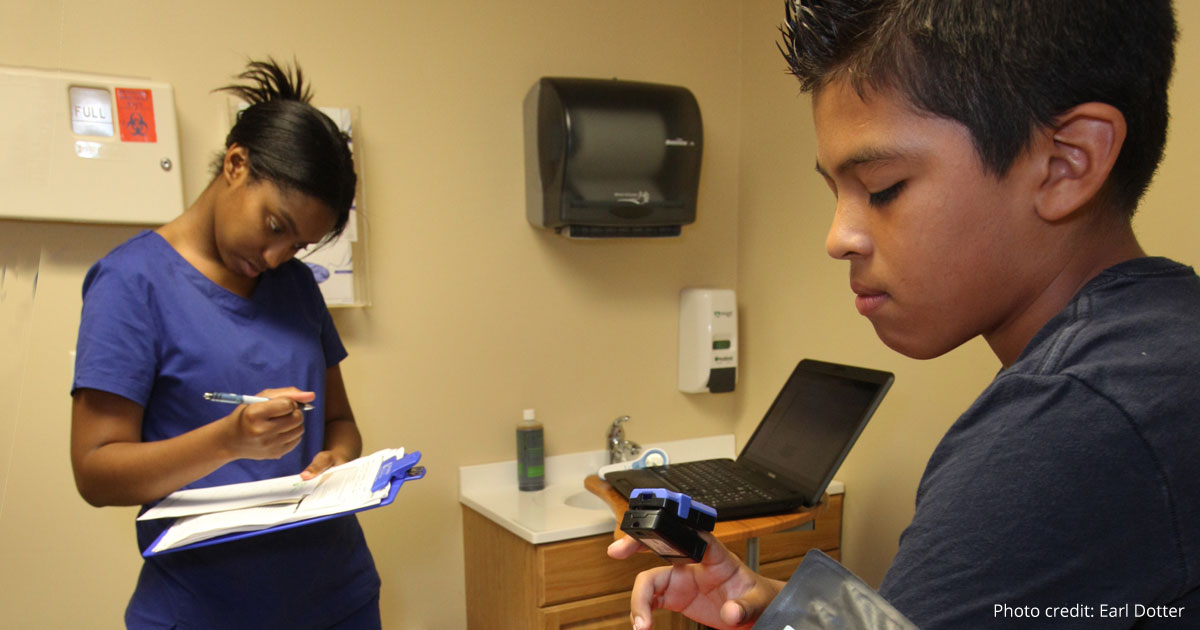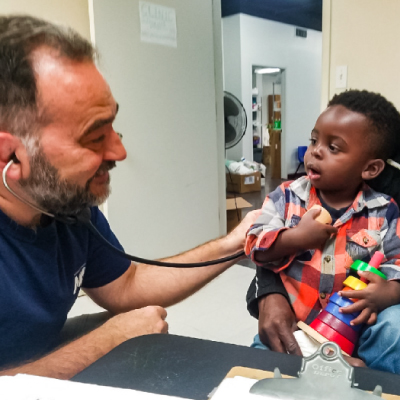- Who We Are
- Clinician Employment
- Publications
- Witness to Witness (W2W)
- Kugel & Zuroweste Health Justice Award
- Your Voice Matters: Photovoice Project
Tue, 07/19/2016 | by Claire Hutkins Seda


Several years ago, to respond to the increasing need for primary care services after the Affordable Care Act went into effect, Congress authorized the Teaching Health Center Graduate Medical Education program. The idea was that Teaching Health Centers (THCs) would host primary care and dental residents in community-based settings, exposing them to the world of health care for low-income and underserved populations, which is often missing in hospital residencies. As is well demonstrated, exposure to these health care settings will drive more new clinicians to choose Federally Qualified Health Centers, rural health clinics, and other not-for-profit primary care delivery sites for their careers -- clinics which throughout the country are currently experiencing serious clinician shortages.
At the time, the Health Resources and Services Administration, which funds and runs the THC program, estimated the cost per resident would be roughly $150,000 a year. The program began in 2011 with that assumption. Last year, however, Congress reauthorized the THC program, but cut the funding down to equal about $95,000 per year, per resident. So how much does it really cost a health center to host a resident?
Last month, a group of researchers crunched the numbers to find out. They published their results as a perspectives piece in the New England Journal of Medicine, entitled, “The Cost of Residency Training in Teaching Health Centers.” They discovered that costs vary depending on factors like payer mix, visit volume, and other health center revenue concerns, as well as the year of training, as residents’ revenue generation is limited during their first years, when they start with fewer patient visits, but increases over time as their patient load increases. When all was accounted for and averaged, however, the researchers discovered that HRSA’s original figure was just about spot-on: “After factoring in both revenues and expenses, and adjusting for factors related to program maturity and cost of living, we estimate the median net cost of training a resident in a THC in fiscal year 2017 to be $157,602.”
What are health centers to do, now that the rate has been cut by a third? “As community-based practices that rely largely on ambulatory care reimbursement for financial viability, most THC-sponsoring organizations cannot support residency programs without specific, adequate, and stable funding,” the authors conclude. The THC program is a boon to low-income and underserved communities, addressing the issue of clinician shortages, which create lasting and troublesome access to care issues. But the program is not viable for health centers that aren’t reimbursed fully for the costs of the residency. Read the full article to learn more about the program and the associated costs.
Like what you see? Amplify our collective voice with a contribution.
Got some good news to share? Send it to us via email, on Facebook, or on Twitter.
Return to the main blog page or sign up for blog updates here.







